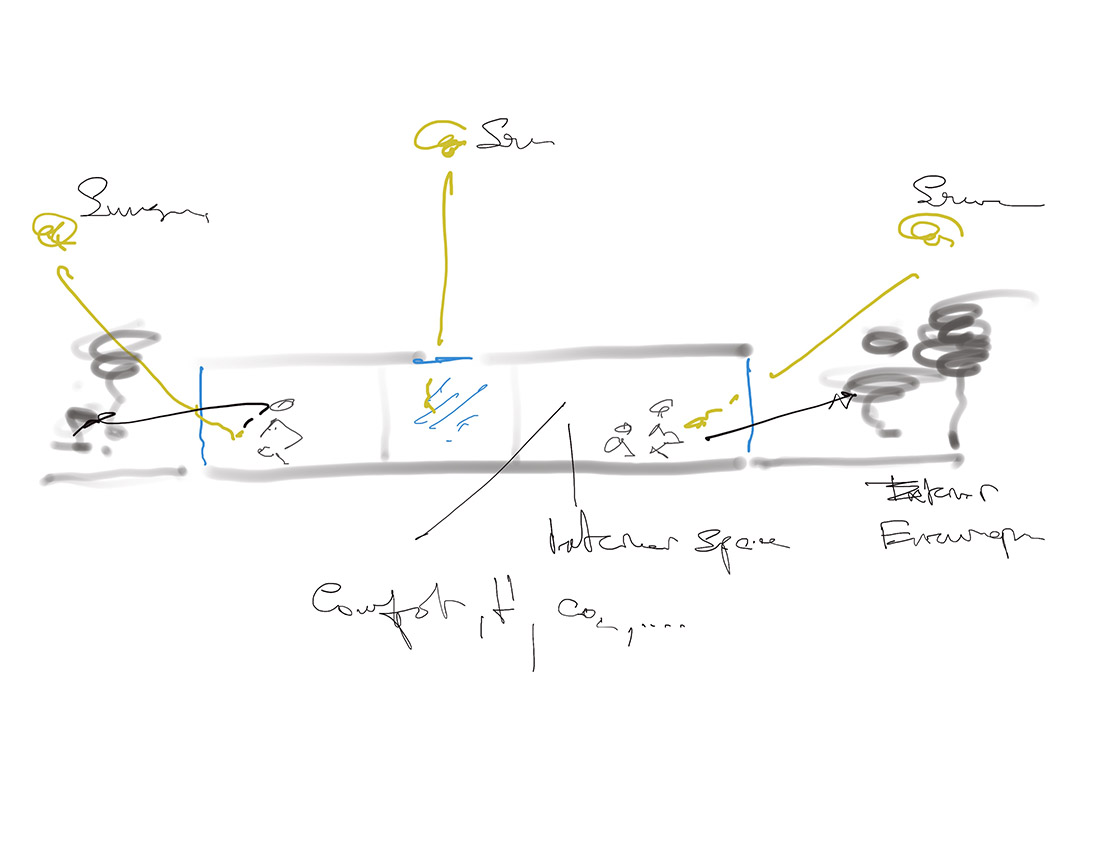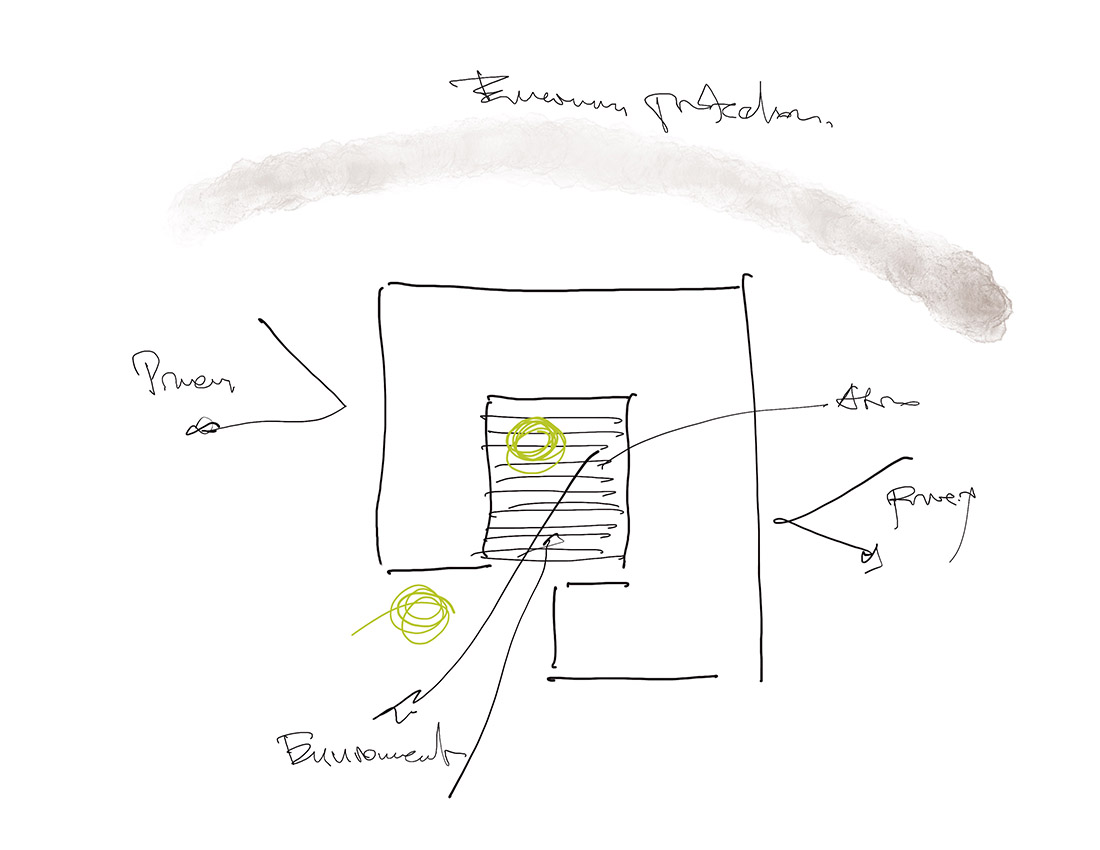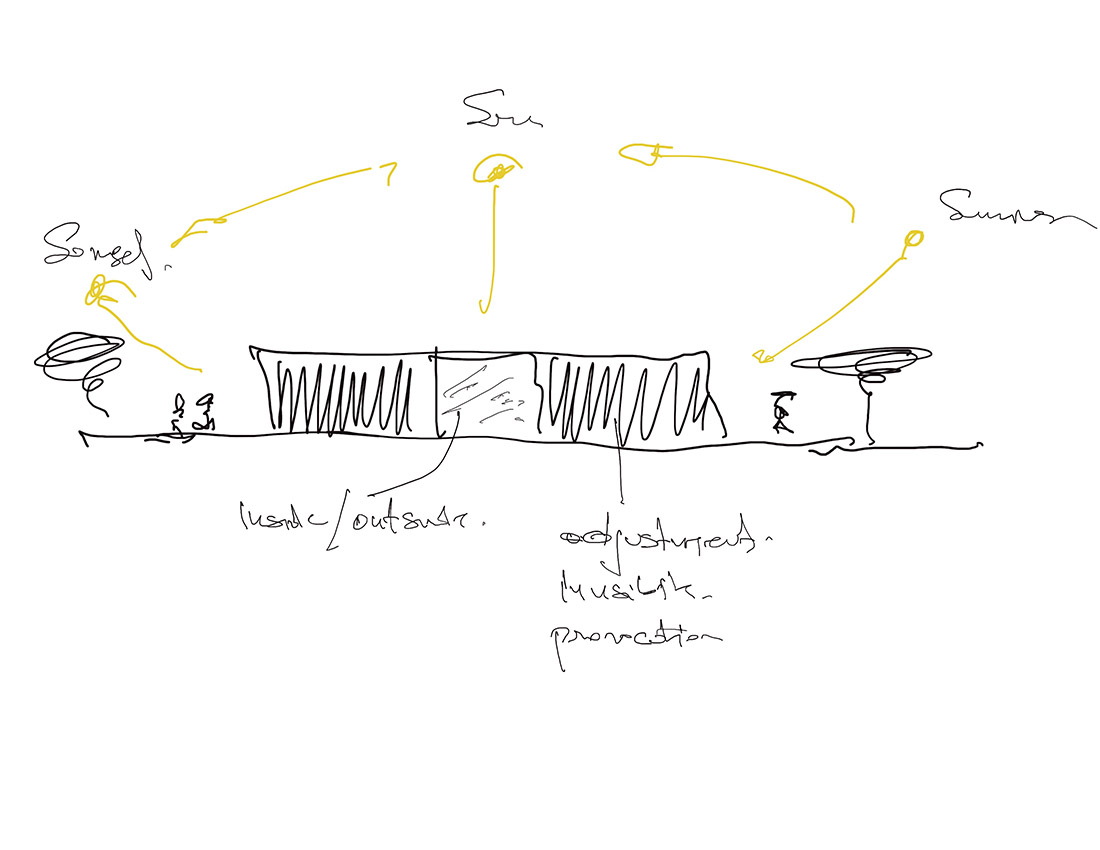
Enhancing Human Comfort and Happiness: The Role of Modular Homes in Well-Being
In today's fast-paced world, our homes have evolved from mere structures into sanctuaries—places where we seek comfort, peace, and happiness. While traditional homes have long been the preferred choice, a new paradigm in home design is gaining rapid momentum: modular homes. These innovative living spaces are not just efficient and adaptable; they are designed with a deep focus on improving the well-being of their occupants. In this comprehensive blog post, we'll delve into the myriad ways modular homes elevate human comfort and happiness, making them an increasingly compelling choice for those who aspire to live in harmonious surroundings.
Unlike conventional construction methods that involve building a home from the ground up on-site, modular homes are constructed in sections or modules within a controlled factory setting. These modules are then transported to the building site and meticulously assembled into a complete, functional structure. This modular approach offers several noteworthy advantages.

Modular Homes and Human Comfort
Modular homes, with their innovative design and thoughtful approach to living spaces, contribute significantly to human well-being in various ways. Modular homes not only provide the physical comfort that contributes to well-being but also foster a sense of ownership and personalization, further enriching the living experience. Modular homes prioritize human comfort, making them a compelling choice for those seeking not only a house but a true sanctuary. They play a pivotal role in promoting a higher quality of life, aligning with the fundamental principles of human well-being.
Modular homes are designed with a keen focus on efficient space utilization. Every square foot is carefully planned to maximize functionality. This thoughtful design approach ensures that occupants have all the space they need without any wastage. The result is a clutter-free environment that promotes relaxation and comfort.
Well-being is closely intertwined with exposure to natural light. Modular homes often incorporate large windows and open layouts that allow ample natural light to flood the interior. This not only reduces the need for artificial lighting but also enhances mood and productivity. The abundance of natural light creates a sense of connection to the outdoors, promoting a tranquil atmosphere.
Modular homes are equipped with advanced insulation and energy-efficient systems. This translates into better temperature control, ensuring a comfortable living environment throughout the year. Proper insulation reduces drafts and maintains consistent indoor temperatures, contributing to overall comfort. Regardless of the weather outside, modular homes maintain a pleasant atmosphere within.
The Happiness Quotient
The factors that contribute to happiness in modular homes encompass a range of essential elements. These homes prioritize personalization, granting homeowners the opportunity to tailor their living spaces to their unique preferences, fostering a strong sense of ownership and contentment. Moreover, the quick construction timeline minimizes the stress often associated with lengthy building projects, enabling residents to enjoy their homes sooner and enhancing overall well-being.
- Customization: The ability to customize and personalize the design and layout of their new home is a major source of happiness for many homeowners. Being able to choose finishes, fixtures, colors, and architectural details allows them to create a space that reflects their unique preferences and lifestyle. Modular homes offer a high degree of customization. Homeowners can personalize their living spaces to align with their unique preferences and lifestyles. This sense of ownership and personalization plays a pivotal role in promoting a sense of happiness and contentment. From selecting finishes and fixtures to configuring floor plans, residents have a significant say in the design of their homes.
- Location: The location of the new home is crucial to happiness. It should be in a neighborhood or area that aligns with the homeowner's needs and desires, whether that means proximity to work, schools, parks, or other amenities.
- Functional design: A well-designed home that meets the practical needs of the homeowner is essential for happiness. Thoughtful layouts, ample storage, and efficient use of space contribute to a sense of ease and comfort. Modular homes allow for a wide range of design possibilities, from traditional to contemporary styles. Whether you prefer an open-concept layout or separate rooms with defined spaces, modular homes can accommodate your vision. The flexibility in design allows for easy modifications and additions as your needs change over time.
Not only do modular homes offer customization options, but they also provide design flexibility in terms of materials and finishes. Homeowners can choose from various exterior finishes, such as brick, stone, or siding, to achieve the desired aesthetic appeal. Additionally, interior finishes like flooring materials, cabinetry styles, and countertop options can be customized to reflect personal taste and style. - Quality and fast construction: The quality of construction and materials used in the home is vital. A well-built home with high-quality finishes and fixtures not only ensures durability but also provides peace of mind and satisfaction. Traditional home construction can often be a lengthy and stressful process. In contrast, modular homes are constructed swiftly, with minimal disruption. With quick modular home assembly, construction timeframes are significantly reduced. This innovative approach involves prefabricating various components of a home in a controlled factory environment. These components are then transported to the construction site and assembled quickly and seamlessly. The quicker move-in time can alleviate the stress associated with prolonged construction projects, contributing to homeowner happiness. The reduced construction duration means that you can enjoy your new home sooner, which adds to the overall sense of well-being.
- Energy efficiency: An energy-efficient home can lead to lower utility bills and a reduced environmental footprint. Knowing that their home is both comfortable and eco-friendly can make homeowners happy. Many modular homes are designed with sustainability in mind. They frequently incorporate eco-friendly materials and energy-efficient features. The knowledge that your home has a smaller environmental footprint can add to your overall sense of well-being and fulfillment. Living in a sustainable home aligns with the values of environmental responsibility, contributing to a positive mindset. Modular homes are designed with energy efficiency in mind. The controlled factory environment allows for precise insulation installation and the use of advanced materials that minimize heat loss and maximize energy conservation. Additionally, modular homes can incorporate renewable energy systems such as solar panels, further reducing energy consumption and utility costs. It's a win-win for both homeowners and the planet.
- Natural light and views: Ample natural light and views of the outdoors can significantly impact a person's mood and happiness. Large windows, open layouts, and well-placed skylights can enhance the overall living experience.
- Community and neighborhood: The sense of belonging to a community and having good relationships with neighbors can contribute to happiness. A supportive and welcoming neighborhood can make homeowners feel connected and content.
In the realm of modular construction, there's a growing trend of seamlessly integrating these homes into existing communities and natural environments. This approach not only highlights the sense of belonging but also underscores the importance of community connection and harmony with the natural world, both of which significantly impact mental well-being.
The integration of modular homes with communities and natural environments reflects a holistic approach to well-being, emphasizing not only the design of the home itself but also the positive impact it can have on the lives of its occupants. It reinforces the idea that where we live is not just a physical space; it's an integral part of our well-being, fostering connections, happiness, and harmony with the world around us. - Budget control: Staying within budget and avoiding unexpected financial stress is crucial for happiness during the home-building process. Effective financial planning and management can lead to a smoother experience. Hidden costs and unexpected expenses can be a major concern and stress when building a home, causing discomfort to your life. With modular homes, you can rest assured that the final cost will be exactly as quoted. There are no surprises, unplanned situations, because all processes are defined beforehand and in line with the requirements of the location, transport, and weather.
- Professional support: Having a reliable and communicative builder or contractor can reduce stress and ensure that the construction process runs smoothly. Good communication and collaboration between the homeowner and the construction team are key to a positive experience.
- Sense of achievement: Building a new home is a significant accomplishment, and the sense of achievement and fulfillment that comes with it can contribute to happiness. It represents a step toward achieving long-term goals and dreams.
- Future planning: Knowing that the new home meets current and future needs, whether it's accommodating a growing family or providing for future accessibility, can bring peace of mind and happiness.
- Investment Potential: Modular homes have excellent investment potential. As the demand for affordable housing continues to rise, modular construction offers a viable solution. The ability to customize modular homes and adapt them to changing needs makes them attractive to a wide range of homebuyers. Furthermore, as the modular construction market expands, the resale value of these homes is expected to increase, making them a smart long-term investment.
Conclusion
Happiness when building a new home is a multifaceted experience that encompasses factors ranging from customization and location to the emotional connection and sense of achievement associated with creating a new living space. Each person's priorities and sources of happiness may differ, but a well-planned and thoughtfully constructed home can contribute significantly to overall well-being and contentment.
Modular homes represent a modern approach to living spaces that prioritize human comfort and happiness. Their efficient design, emphasis on natural light, temperature control, and customization options create an environment where well-being thrives. The quicker construction process, sustainability aspects, and community integration further contribute to a sense of happiness and fulfillment among homeowners.
The human-oriented approach in modular construction focuses on creating comfortable living spaces that promote well-being. Designers consider factors such as natural light, acoustics, and ergonomic design principles to enhance the comfort and functionality of modular homes. The result is a living environment that supports the physical and mental well-being of residents.
In a world where our living spaces play an integral role in our overall quality of life, modular homes offer a promising avenue toward a more comfortable and joyful existence. As these innovative homes continue to evolve, we can anticipate them playing an increasingly significant role in shaping the future of housing and well-being. Embracing the benefits of modular living means embracing a brighter, happier, and more comfortable future for ourselves and our communities.

